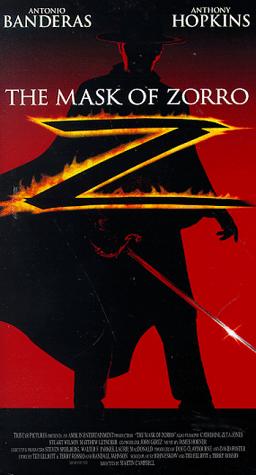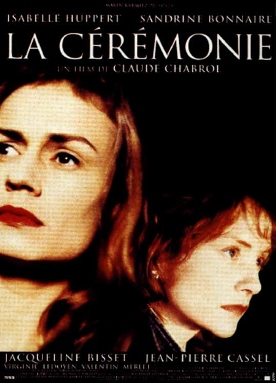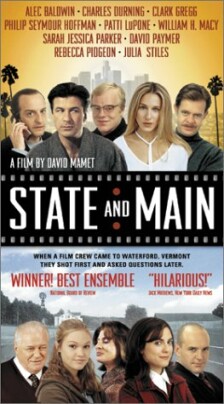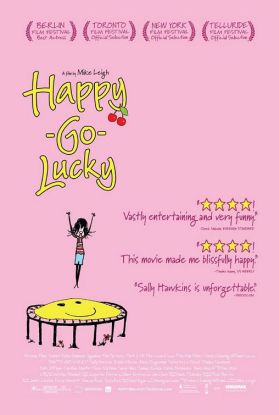Mask of Zorro, The
Don Diego (Anthony Hopkins), the aristocratic settler in Spanish California who dons The Mask of Zorro to fight against his aristocratic brethren and for the people as “Zorro,” the fox, is a man of apparently no politics, though he repeatedly risks his life, no internal conflicts, in spite of being “a traitor to your country and your class,” and no interest as a human being. His protégé and successor as Zorro, Alejandro Murieta (Antonio Banderas), is a boor and a horse-thief who only takes up the people’s cause because the sadistic Captain Love of the militia (Matt Letscher) killed his brother and keeps his head in a jar. The beauteous Eleyna (Catherine Zeta-Jones), daughter of Don Diego and beloved of Alejandro, is merely modern Hollywood’s stock damsel in not-too-much distress who can wield a sabre even to the point of overmatching Zorro himself and who dances and dresses in a scandalously immodest fashion for girl of the 1840s. What, we might well wonder, is she trying to prove—and to whom?
In other words, this film, directed by Martin Campbell, makes not the slightest attempt to imagine what life might have been like at its ostensible place and time. The only interesting character, the governor Don Rafael Montero (Stuart Wilson) quickly becomes a mere painted devil, like Captain Love. Nor does the film strive overmuch to make its plot any more plausible than Zorro’s fantastical acrobatics in outduelling ten or a dozen klutzy soldiers at a time. The film opens with a scene of public execution to no apparent end. Three peasants have been chosen at random by Montero to face a firing squad. Zorro comes and, of course, single-handedly rescues them. But the rescue has no purpose either. For as the peasants have done nothing wrong, what is to stop the governor from simply choosing another three victims at random? The irrationality of the bad is echoed in the irrationality of the good.
And so the film goes on, confident that its audience will not demand much in the way of a pretext for seeing these beautiful people of the 1990s performing remarkable feats dressed up in the clothes (though not of course the attitudes) of 150 years ago. One of my favorite bits of absurdity comes during one of the old Zorro’s mentoring sessions with the young Zorro, wherein the former tells the latter that he must learn not only swordsmanship but charm, and how to hold a spoon and the manners of aristocracy. The two men agree that Alejandro’s translation to gentlemanliness will be the hardest task of all. “This is going to take a lot of work”—and then in the very next scene the transformation has been magically effected. Better than any Eliza Doolittle at the ball, Alejandro impersonates an aristocrat, indeed a grandee of the Spanish court, without arousing the slightest suspicion.
But what else should we expect from a film whose assumption throughout is that putting on the mask must transform a man? Or, indeed, a woman, since Eleyna has but to hear a rumor that she is really the daughter of Don Diego and not Don Rafael, who kidnapped her when she was a baby but whom she has always known as father, to abandon the latter for the former. “A nobleman is nothing but a man who says one thing and thinks another,” says Don Diego in the guise of his newly ennobled pupil’s manservant — as if such imposture were an easy or a contemptible matter! Whereupon in his character as Spanish nobleman, Alejandro takes Eleyna to task for believing in the “romantic illusion” of heroism.
There is a double irony in this remark: not only is the hero pretending not to believe in heroism as part of his heroic pose, but the film itself is pretending that it believes in heroism while treating it, post-modern fashion, as a mere artefact of the movies without any real-world plausibility.
Discover more from James Bowman
Subscribe to get the latest posts to your email.







